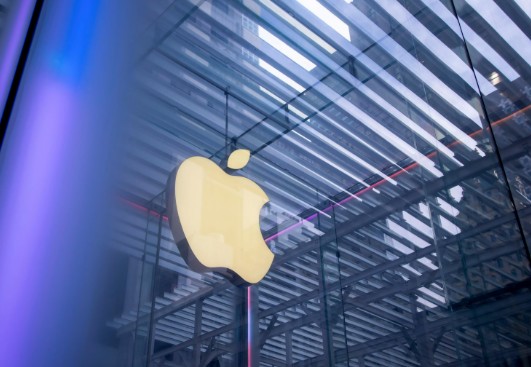Apple Avoids EU Fine as Browser Investigation Nears Conclusion

Apple Dodges Potential Fine Amid Digital Markets Act Investigation
Apple appears to have successfully navigated a potential fine and sanctions from the European Union, following changes made to comply with the Digital Markets Act (DMA). The European Commission, which launched an investigation into the tech giant last year, is expected to conclude the case early next week, signaling a resolution to concerns over Apple’s browser restrictions on iPhones.
The investigation, which began in 2024, focused on whether Apple’s policies had unlawfully restricted app developers from informing users about external offers and services available to them at no additional cost. The European Commission’s probe questioned whether these practices gave Apple an unfair competitive advantage, limiting user choice and access to alternative offers outside of the Apple ecosystem.
Apple’s Compliance with the Digital Markets Act
The Digital Markets Act (DMA) was introduced by the EU to ensure fair competition in digital markets, specifically targeting large tech companies like Apple, Google, and Amazon. One of the key provisions of the DMA is that it mandates “gatekeepers” — companies with a significant market share — to allow greater interoperability with third-party services and applications.
In response to the investigation, Apple has reportedly made adjustments to its practices, including changes to how its browser and app store restrictions function on iOS devices. These alterations appear to be sufficient to avoid a potential fine, as the company now complies with the DMA’s requirements to provide users with more flexibility in accessing external offers and services.
The EU’s Investigation and Apple’s Changes
The European Commission’s investigation was centered around whether Apple’s policies around its Safari browser and App Store hindered developers from informing users about alternative, often less expensive, offerings outside the Apple ecosystem. For example, developers were previously prohibited from promoting external subscription options or payment methods within their apps, potentially limiting consumers’ ability to make more cost-effective choices.
After months of scrutiny, Apple has adjusted these policies, opening up new avenues for developers to communicate these external offers to users. With these changes in place, Apple is now in compliance with the EU’s stricter competition rules, allowing the Commission to close the case without imposing sanctions.
Impact on the Tech Industry and European Consumers
Apple’s swift adaptation to the DMA’s provisions is expected to have a broader impact on the tech industry, especially in Europe. The resolution of the investigation serves as a reminder of the EU’s growing influence over big tech companies and its commitment to ensuring fair competition and consumer rights in digital markets.
For European consumers, the changes could result in greater transparency and better access to alternative services, allowing them to make more informed decisions when it comes to digital subscriptions, app purchases, and other services.
A Shift Toward Greater Regulatory Scrutiny for Big Tech
This investigation is just one example of the EU’s increased regulatory efforts aimed at curbing the dominance of major tech companies. With the Digital Markets Act already in place and other measures under consideration, companies like Apple, Google, and Microsoft will likely face continued pressure to comply with stringent regulations regarding competition and consumer protection in the digital space.
Conclusion
As the European Commission nears the conclusion of its investigation into Apple’s browser restrictions, the tech giant has managed to avoid a potential fine and sanctions by making necessary adjustments to comply with the Digital Markets Act. This outcome underscores the growing power of the EU in shaping global tech regulations and the ongoing efforts to ensure fair competition in the digital marketplace. For now, Apple can breathe a sigh of relief, but the company, along with other tech giants, will undoubtedly need to remain vigilant as Europe continues to scrutinize the practices of big tech in its pursuit of fairer, more transparent digital markets.
